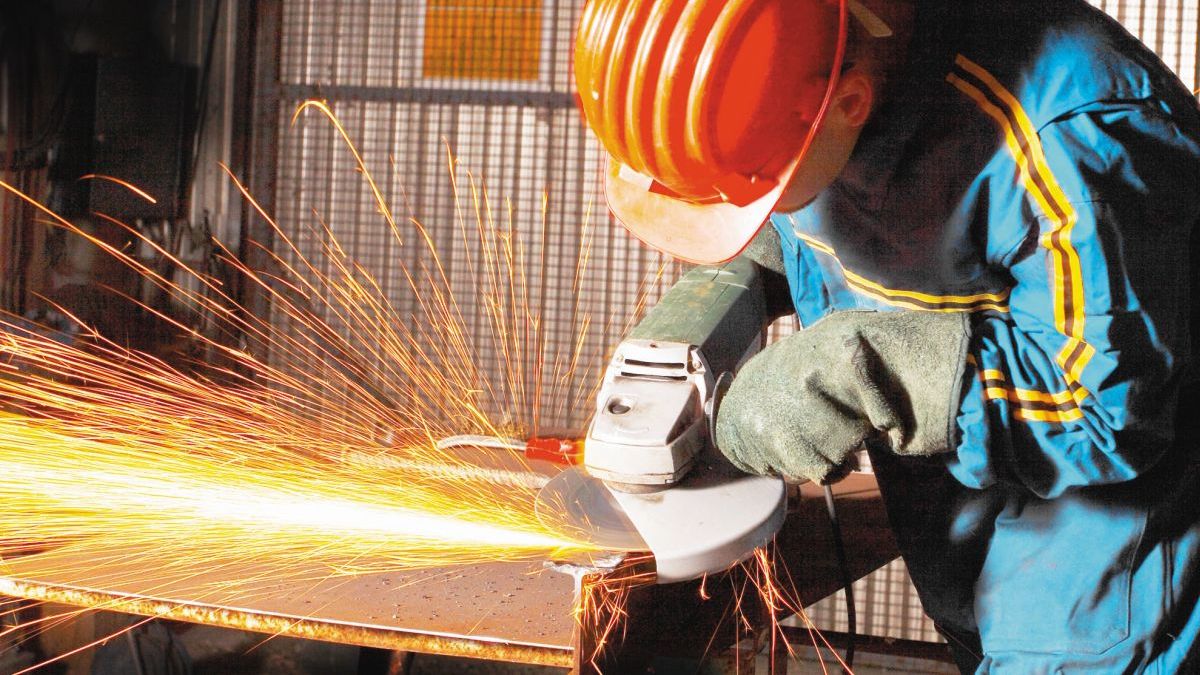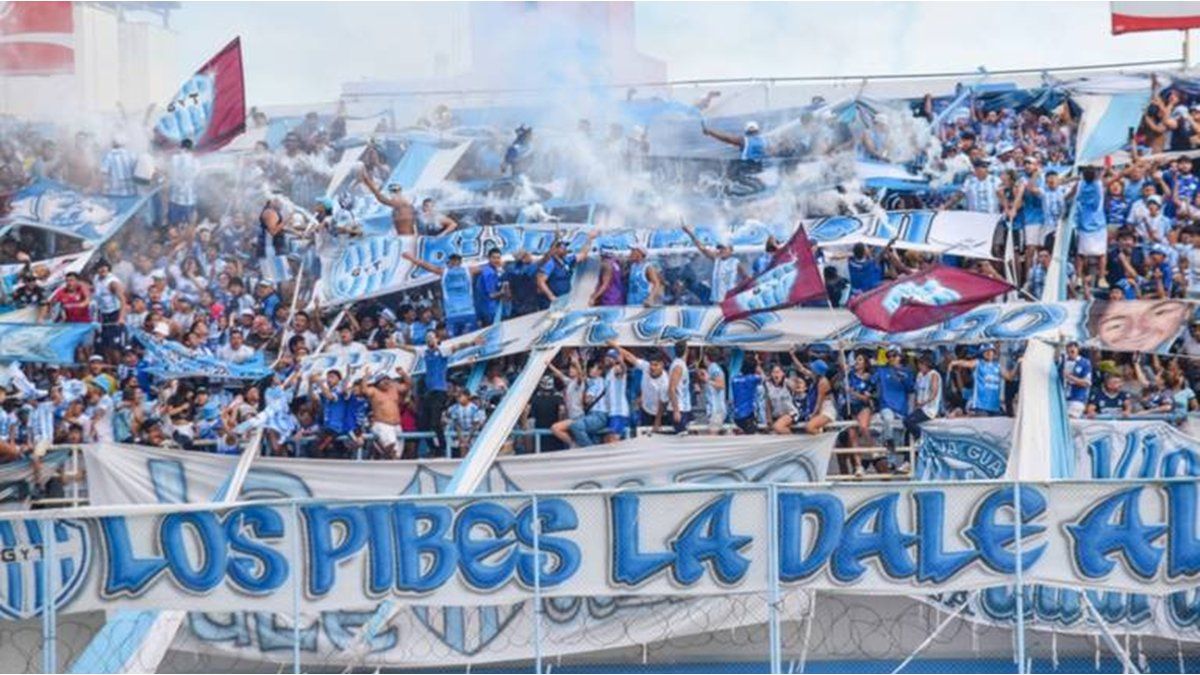“The tariff issue was an unavoidable fact because it will be included in the memorandum of understanding with the IMF,” said Leo Bilanski, president of Enac. “We know that the Ministry of Economy is willing to increase rates to lower subsidies. What we manifest in public hearings is that there has to be a segmentation policy”, he added.
The businessman believed that SMEs should absorb part of the increase: “If the same increase in the price of energy is applied to all sectors, what will happen is that we punish small and medium-sized companies that will not be able to transfer the price, and we benefit the most concentrated sectors that automatically transfer their increases to the price of what they sell, and they are our suppliers”.
On the other hand, Bilanski believed that an increase in rates has a double impact: “It hits us twice, because we pay it as a company, and our workers pay it, who turn around and ask us for that increase in joint negotiation. It is the experience that the Macri government left us.”
The Enac association participated in the last public hearing on gas and requested a meeting with the Secretary of Energy to take the proposal to them. SMEs believe that last year’s resolution, by which they avoided a 100% rise in the price of gas, will end in a short time. In exchange, they could choose to join the service distributor in their region. “We are going to ask that this emergency be maintained,” Bilanski said.
The Enac report shows an improvement in the situation of SMEs: 9 out of 10 have “reasonable sales”, 48% plan to hire workers this year, 6 out of 10 think that 2022 will be better and plan to invest.
The Industriales Pymes (IPA) business union also held a meeting with the ENRE last week to complain about distribution failures. The owner of Enre, Maria Soledad Manin, and the president of IPA, Daniel Rosato, agreed to advance in technical meetings to find solutions to the problems of outages and low power that “harm industrial activity.” In the electricity hearing, which will take place on February 17, they will request rate segmentation for SMEs.
Proposal
Last Friday, Enre and Enargas, the entities that regulate electricity and gas, released a segmentation proposal that they submitted to the Ministry of Economy and that includes companies in the case of electricity. The work establishes that businesses and industries that consume less than 300 kW and that develop activities that are characterized by “having dollarized prices or external financing, that have high profitability and/or belong to non-tradable markets, will no longer receive subsidies. what they have no experience with abroad.
In this way, activities such as the financial sector, highway concessionaires, urban rail passenger transport, generation, transport and distribution of electricity, transport and distribution of gaseous fuels, services of organizations and extraterritorial bodies, such as embassies, and gaming will be covered. chance and betting The segmentation proposal also includes the segmentation to 487 thousand residential users of the Metropolitan Area (AMBA).
The Government will seek to advance in the tariff segmentation this 2022. In order to lower the fiscal deficit from 3.5% (not counting the extraordinary contribution) to 2.5%, according to what was agreed with the IMF, there should be a GDP growth of more than 5%, according to Ieral. So there will be a cut in energy subsidies, which reached 2.3% of GDP in 2021, calculates Iaraf. For 2022, an increase in the price of energy is expected due to the drought, the greater consumption due to the reactivation and the higher international price of fuels.
Source: Ambito
David William is a talented author who has made a name for himself in the world of writing. He is a professional author who writes on a wide range of topics, from general interest to opinion news. David is currently working as a writer at 24 hours worlds where he brings his unique perspective and in-depth research to his articles, making them both informative and engaging.




